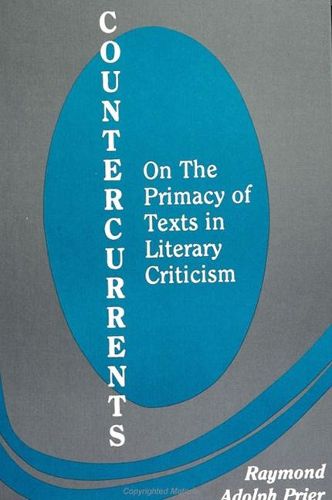Readings Newsletter
Become a Readings Member to make your shopping experience even easier.
Sign in or sign up for free!
You’re not far away from qualifying for FREE standard shipping within Australia
You’ve qualified for FREE standard shipping within Australia
The cart is loading…






In their readings of texts, the authors address the topics of theory, narrative, aesthetics, the idea of the text, and of specific moments in cultural history. The chapters cover a range of authors: Plato, Ovid, Dante, Petrarch, Chariteo, Ariosto, Tasso, Cervantes, Kleist, Gode, Edith Wharton, Pirandello, Kafka, Sartre, Saint-John Perse, Paz, Roubaud, Sanguineti, and Tomlinson. They also deal with philosophers: Peirce, Nietzsche, Saussure, Husserl, Marc Bloch, Lucien Febvre, Heidegger, Jakobson, Sartre, Levi-Strauss, Barthes, Derrida, Foucault, Lacan, Lyotard, and Deleuze. The book opens up our relationships to the past and the usefulness or otherwise of the metaphors we use in our attempt to understand and participate in it.
Although Countercurrents deals diversely with literary periods, authors, and critics, it speaks within the civilized and civilizing universe of our language and the texts we create. Running beneath the antihumanistic flotilla that skims the surface of texts for theory, the authors plumb for treasures from the ocean’s floor.
$9.00 standard shipping within Australia
FREE standard shipping within Australia for orders over $100.00
Express & International shipping calculated at checkout
In their readings of texts, the authors address the topics of theory, narrative, aesthetics, the idea of the text, and of specific moments in cultural history. The chapters cover a range of authors: Plato, Ovid, Dante, Petrarch, Chariteo, Ariosto, Tasso, Cervantes, Kleist, Gode, Edith Wharton, Pirandello, Kafka, Sartre, Saint-John Perse, Paz, Roubaud, Sanguineti, and Tomlinson. They also deal with philosophers: Peirce, Nietzsche, Saussure, Husserl, Marc Bloch, Lucien Febvre, Heidegger, Jakobson, Sartre, Levi-Strauss, Barthes, Derrida, Foucault, Lacan, Lyotard, and Deleuze. The book opens up our relationships to the past and the usefulness or otherwise of the metaphors we use in our attempt to understand and participate in it.
Although Countercurrents deals diversely with literary periods, authors, and critics, it speaks within the civilized and civilizing universe of our language and the texts we create. Running beneath the antihumanistic flotilla that skims the surface of texts for theory, the authors plumb for treasures from the ocean’s floor.